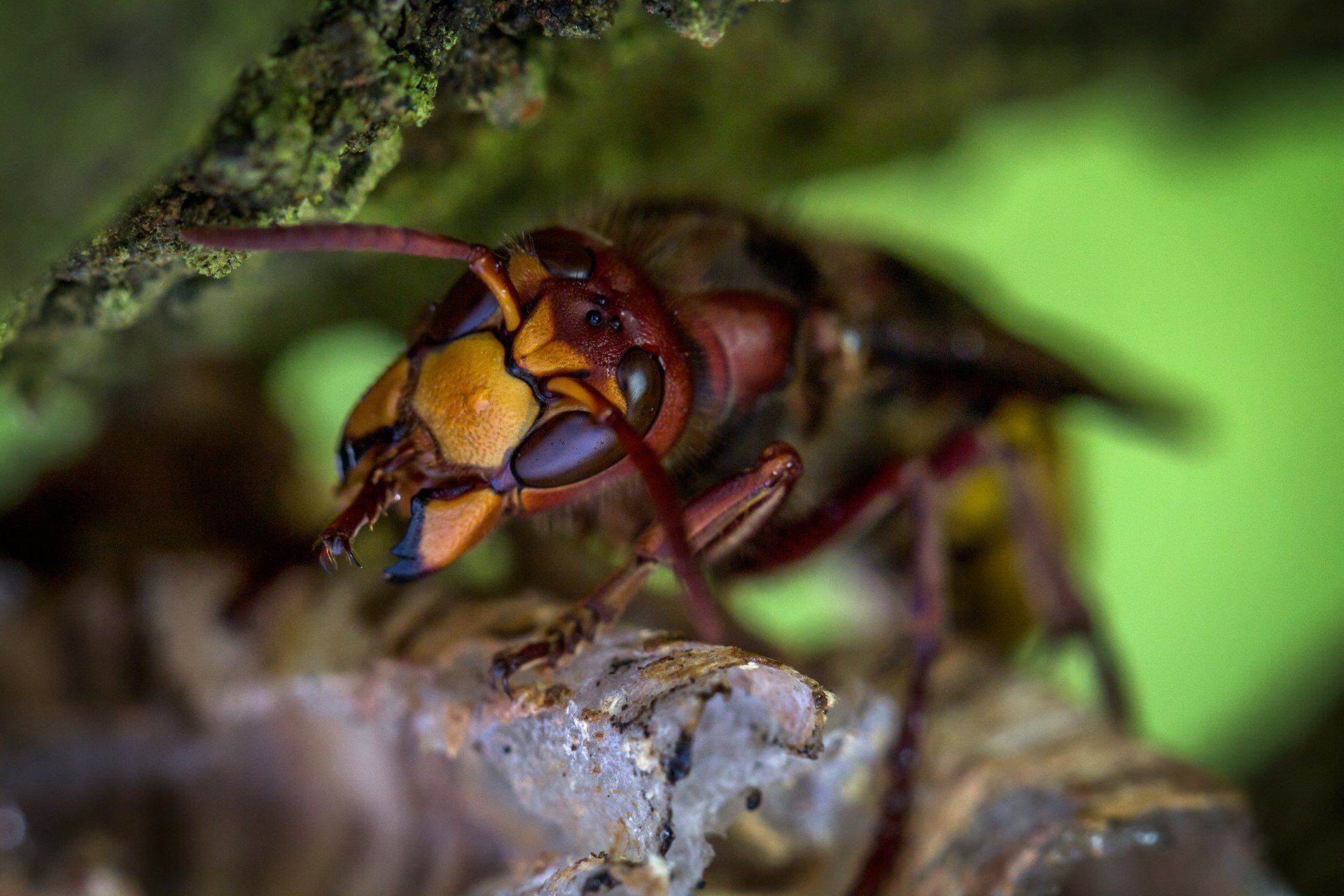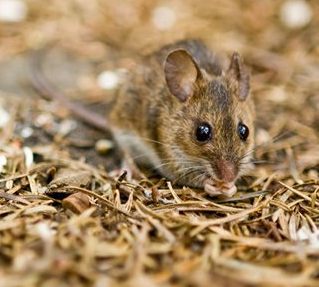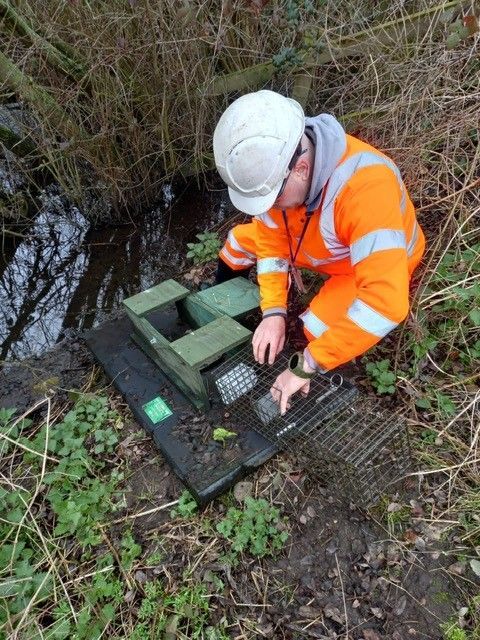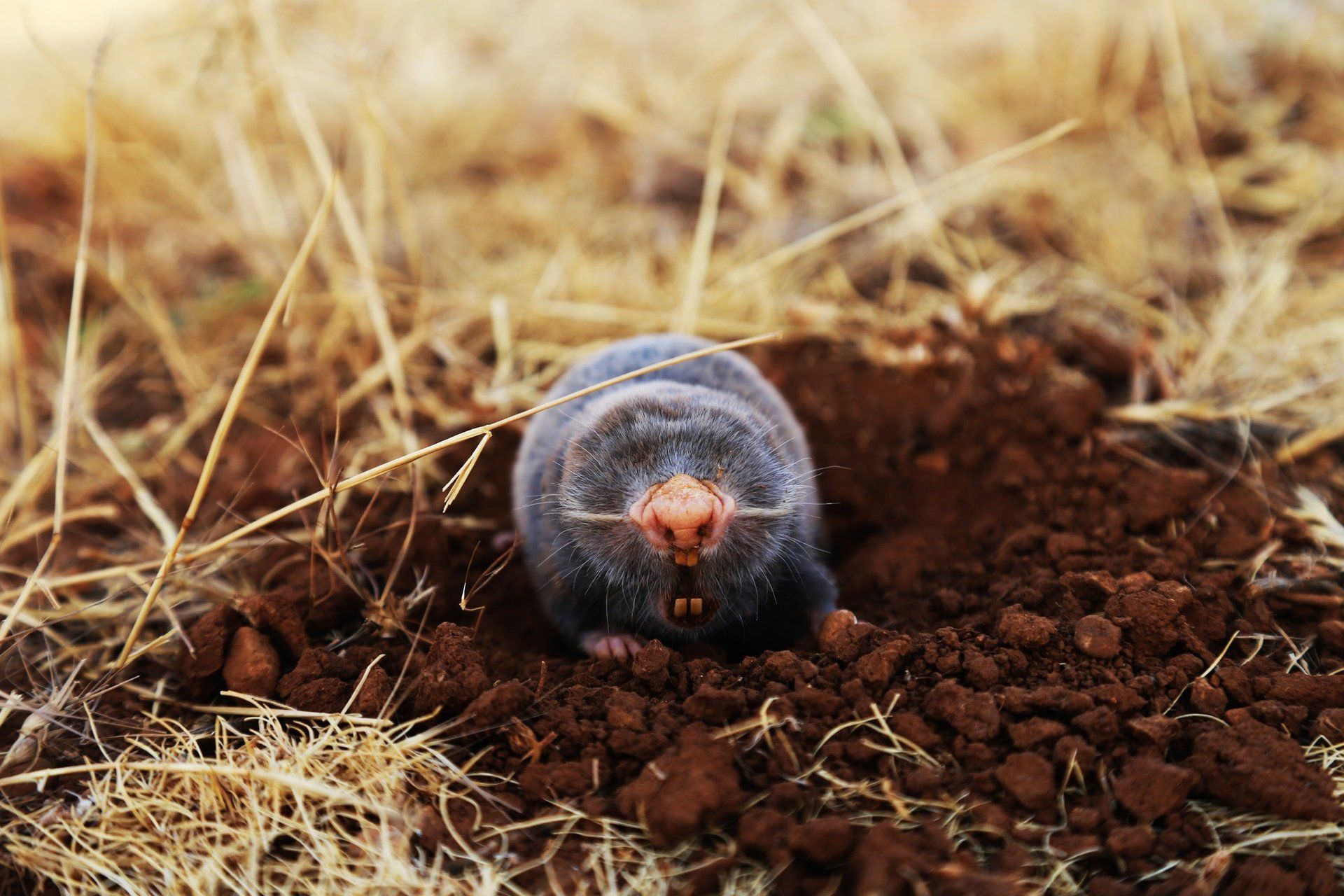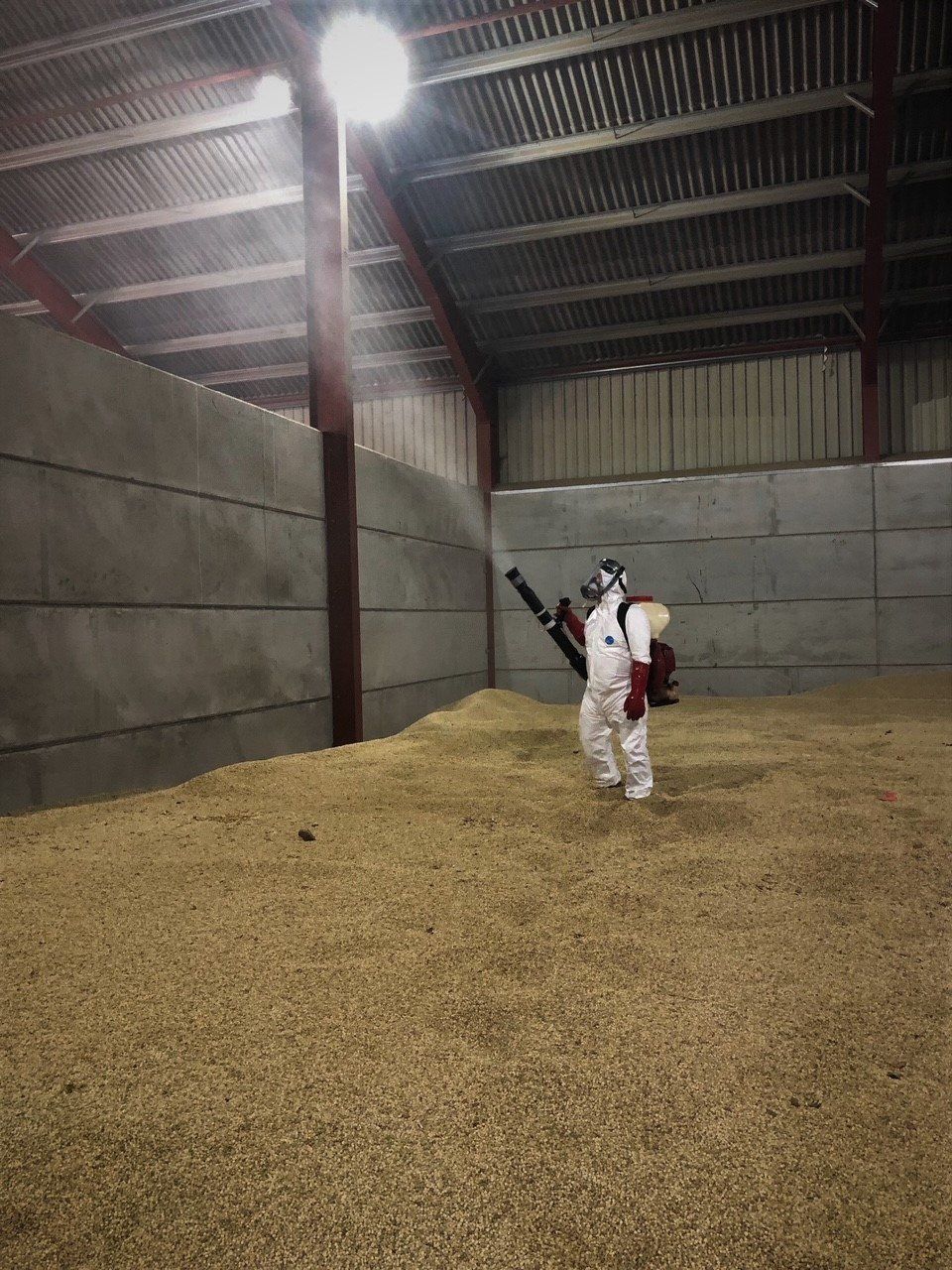What are Some Common Signs of a Rodent Infestation?
Command Pest Control • September 30, 2021
With the colder months approaching, it is not uncommon for mice, rats, and other rodents to begin to seek shelter and warmth. Unfortunately, rodents tend to try to make their homes in your house, shed and other unwanted areas of your property. Since rodent populations can expand so quickly, it is best to catch the infestation early, before it gets out of hand.
By learning the signs of a potential infestation, you can eradicate the rodents quickly and before they do any damage. Some ways to tell you may have a rodent problem include:
- Chew Marks & Visible Damage
– Finding small chew marks on wood, furniture, cardboard and other materials could be a sign that there is a rodent in your home. Rodents are known to chew on everything from baseboards to boxes to wiring.
- Droppings & Urine Stains
– Rodent droppings are one of the most common signs of an infestation. Mice droppings are small and dark brown with pointed ends, whereas rat droppings are longer and can vary in shape depending on the species. Urine can stay anywhere rodents run across. Any signs of excrement are unhealthy, unattractive and unwanted so contacting a professional immediately after finding droppings is a must.
- Interior or Exterior Holes
– Rodents will chew small holes in thin walls or materials inside or outside of your home. They do this in order to gain new entry in and out of your home, while inviting their friends and other pests to join them.
- Scratching or Gnawing Noises
– Do you hear scampering noises coming from inside your walls? Can you hear scratching or gnawing in the dead of night? If you can hear any running, gnawing or scratching noises inside your walls, ceilings, or attic, there’s a chance it could be a rodent.
- Musky & Unpleasant Odors
– A rodent infestation is normally accompanied by a musky and unpleasant odor. As the infestation grows, so does the smell. Unfortunately it is not uncommon for rodents to pass away, creating a rotting dead odor that can be hazardous and strong smelling.
- Odd Pet Behaviors – Has your dog or cat started acting strangely? Are they hyper focused on corners of the room or constantly sniffing under furniture? Your pets have better smelling capabilities than humans so if they start to act erratically or oddly, they could be alerting you of an unwanted rodent in your home.
Have you noticed any of the above signs on your property? Contact a professional rodent control technician as soon as possible to avoid further damage, hazardous situations or an infestation that takes over.
Residents and business owners throughout the Ipswich, Sudbury, Norwich, Norfolk and Suffolk areas rely on Command Pest Control Ltd. for prompt and efficient pest control services. We have the knowledge, experience, tools, and materials to eradicate any rodent and prevent it from returning. Give us a call today to discuss your rodent control needs!


